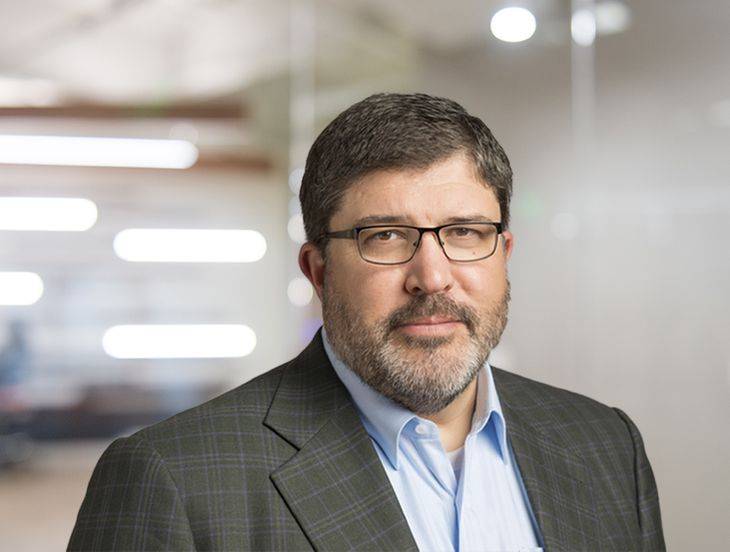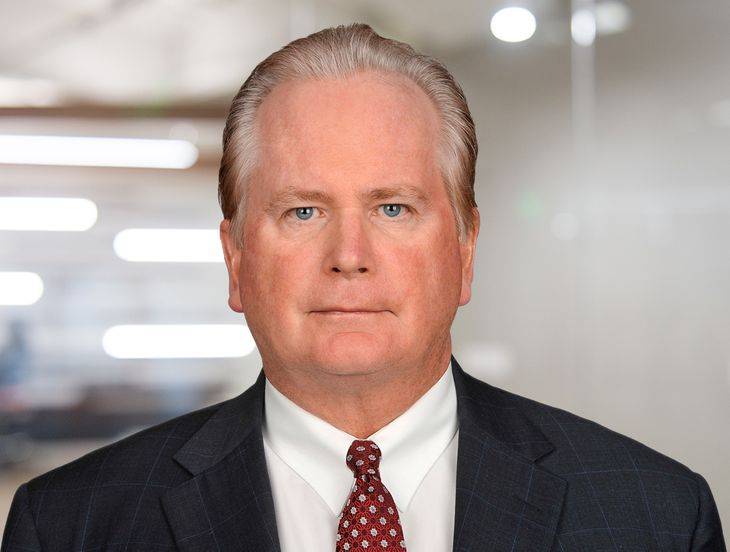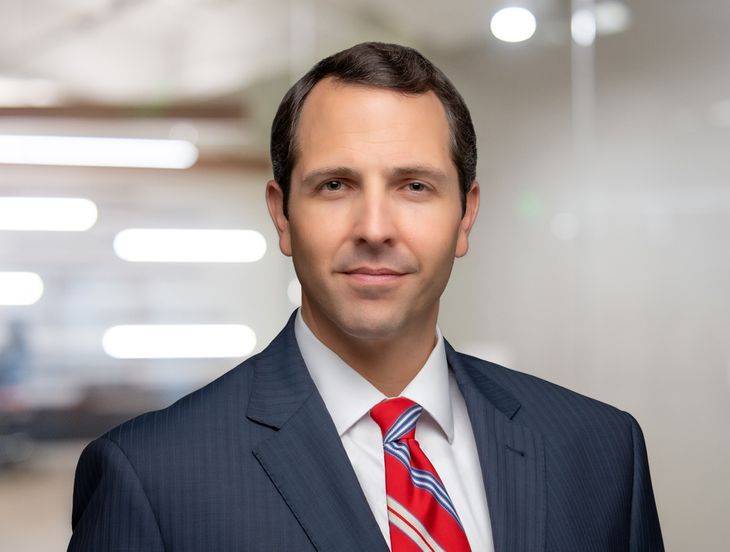WEB EXCLUSIVE - September 2019: The Top 11 Labor And Employment Law Stories
Insights
10.01.19
It’s hard to keep up with all the recent changes to labor and employment law. While the law always seems to evolve at a rapid pace, there have been an unprecedented number of changes for the past few years—and this past month was no exception.
In fact, there were so many significant developments taking place during the past month that we were once again forced to expand our monthly summary well beyond the typical “Top 10” list. In order to make sure that you stay on top of the latest changes, here is a quick review of the Top 11 stories from last month that all employers need to know about:
- Independent Contractor Rules Rewritten In California – The California legislature approved a controversial new law on September 11 that will reshape the way businesses across the state classify workers. While supporters of the bill have emphasized its impact on independent contractors, the bill also severely impacts legal obligations governing businesses that hire other businesses. In short, the law will make it much more difficult for many companies to treat workers in California as independent contractors, and more difficult for businesses to hire smaller, entrepreneurial businesses. The governor signed the law into effect on September 18, meaning hundreds of thousands of workers across the state will be entitled to increased pay, benefits, and employment law protections – not to mention the possibility of organizing into labor unions. Many businesses, especially those in the gig economy, will need to radically restructure their operations or transform these workers into employees in order to comply with the law. What do you need to know about these developments? (read more here)
- USDOL Releases Overtime Rule 2.0 For 2020 – The suspense is over – the Department of Labor announcedthe revised Overtime Rule on September 24, which will set the minimum salary threshold for the Fair Labor Standard Act’s white-collar exemptions at $684 per week, or $35,568 per year. The rule, which will expand overtime pay obligations to an estimated 1.3 million additional workers, will take effect on January 1, 2020. What do you need to know about this breaking news? (read more here)
- Pay Data Collection May Just Be A One-Time Predicament – Citing the high burden on employers and the unproven usefulness of the program, the EEOC announced on September 11that it will halt further collection of pay data during future EEO-1 reporting cycles. While you still need to turn over compensation information from both 2017 and 2018 when you submit your Component 2 pay data as part of your EEO-1 submission by September 30, today’s announcement may mean this will be a one-time effort that may not need to be repeated in 2020. What do you need to know about this news? (read more here)
- Labor Board Further Tightens Union Access To Employer Property – In yet another ruling that levels the labor relations playing field, the National Labor Relations Board ruled on September 7 that employers could rightfully eject outside union representatives soliciting petition signatures from a shared shopping center parking area. When read in conjunction with a June decision conferring greater rights to limit on-premises union activityby abolishing the “public space” exception, and a more recent ruling extending greater latitude when it comes to excluding contractor employees, the Board has significantly restricted union access to private employer property. These rulings have supplied employers with powerful tools to combat prohibited solicitation on their premises. What do you need to know about this latest decision? (read more here)
- Hurricane Dorian Slams Southeast U.S. And Creates Workplace Problems – When Hurricane Dorian worked its way up the coast in early September, it brought along with it many employment-related concerns facing employers in the wake of hurricane-related disasters, including military leave, family and medical leave, unemployment compensation, workplace safety issues, and more. Fisher Phillips updated our Comprehensive FAQs For Employers On Hurricanes And Other Workplace Disasters to assist employers manage through this difficult time (read more here).
- Grad Students Cannot Unionize Under Proposed NLRB Rule – The National Labor Relations Board took the latest step in the long-simmering debate over whether college teaching and research assistants could unionize when it released a proposed rule on September 21 that would once again block such efforts. Declaring that university students should not qualify as employees under federal labor law, the Board took the first step to reverse a 2016 ruling by the Obama-era NLRBthat opened the door for certain graduate and undergraduate students to form unions. The proposed rule still has a way to go before it is finalized and adopted, but you will want to familiarize yourself with this development to the extent it may soon upend the current state of the law and your campus practices (read more here).
- California Supreme Court Provides Valuable Blueprint For Your Arbitration Agreement Strategy – The California Supreme Court recently handed down an intriguing decision which casts doubt on – and in some cases even condemns – some of the most common practices used by employers in both drafting and presenting arbitration agreements to their employees. In doing so, the court highlighted circumstances under which similar agreements with “an unusually high degree” of procedural unconscionability may be blocked from being enforced. Accordingly, it’s important that you understand which of the employer’s terms and practices were criticized by the court so you can avoid those same pitfalls in your own arbitration programs moving forward (read more here).
- NLRB Limits Application Of “Micro-Unit” Strategy – In a blow to national union organization efforts, the National Labor Relations Board just clarified the test for determining whether “micro-units” of employees within a larger workforce can organize on their own. In its September 9 Boeing Companydecision, the NLRB addressed a union’s efforts to utilize a “micro-unit” strategy to target a petitioned-for unit that made up of only two job classifications from a significantly larger, integrated workforce. In reversing a Regional Director’s decision to allow a representation election with this smaller subset of employees, the NLRB clarified its traditional community-of-interest standard for evaluating the appropriateness of petition for bargaining units (read more here).
- Fisher Phillips Prepares Comprehensive Guide To Pending California Employment Bills – It’s been a long legislative year. And this being Governor Newsom’s first term in office, many observers have been anxiously awaiting to see what approach he takes when it comes to labor and employment legislation. The flurry of activity ended on September 13 with the close of the session and hundreds of bills now sit his desk for either a signature or a veto. But there are still hundreds of bills remaining to be acted upon. So now the waiting game begins. Governor Newsom has until October 13, 2019 to sign or veto legislation. He will likely sign some measures here and there, but the vast majority will likely be acted upon during the last few days before the deadline. And certainly the most controversial bills are unlikely to be acted upon until the very end. We’ve prepared a handy guide that breaks down the most significant measures by subject matter (with links to the actual bill language and other materials). A few have already been signed into law, but for the most part, we’ll all have to wait and see what the governor actually does on each of these bills (read more here).
- Gig Companies Lose Round 2 In New Prime Battle As Courts Debate Whether Workers Are Exempt From Arbitration – A federal appeals court decidedthat ride-share drivers engaging in interstate commerce while performing work for Uber should not be subject to the company’s arbitration agreement because of a recent Supreme Court ruling broadly interpreting a federal law exemption that applies to independent contractors. This September 11 ruling threatens to upend a pivotal tool that many businesses use to better manage workplace litigation and requires all gig businesses operating near state borders to take notice (read more here).
- Cannabis Employers Can’t Escape Wage Claims, Says Court – A federal appeals court just ruled an employee for a cannabis business could bring a claim for federal wage and hour violations against his employer despite the fact that another federal law continues to criminalize the drug. The September 20 ruling from the 10th Circuit Court of Appeals washes away a defense that other businesses have tried to use to their benefit. The ruling only directly applies to cannabis-related employers in Colorado, Kansas, and other nearby states. However, all employers in this field should pay attention to this decision as it may soon apply to you (read more here).
If you have any questions about these developments or how they may affect your business, please contact your Fisher Phillips attorney.
This Legal Alert provides an overview of specific legal developments. It is not intended to be, and should not be construed as, legal advice for any particular fact situation.
Related People
-
- Cheryl L. Behymer
- Senior Counsel
-
- Steven M. Bernstein
- Regional Managing Partner and Labor Relations Group Co-Chair
-
- Caroline J. Brown
- Of Counsel
-
- Kathleen McLeod Caminiti
- Partner and Co-Chair, Wage and Hour Practice Group
-
- Jennifer B. Carroll
- Partner
-
- Michael D. Carrouth
- Partner
-
- Myra K. Creighton
- Partner
-
- Anet Drapalski
- Partner
-
- Benjamin M. Ebbink
- Partner
-
- James C. Fessenden
- Partner
-
- Edward F. Harold
- Regional Managing Partner
-
- JonVieve D. Hill
- Associate
-
- Garrett S. Kamen
- Partner
-
- Todd B. Logsdon
- Partner
-
- Todd A. Lyon
- Partner
-
- Howard A. Mavity
- Partner
-
- James J. McDonald, Jr.
- Partner
-
- Phillips L. McWilliams
- Partner
-
- Stephen C. Mitchell
- Regional Managing Partner
-
- Danielle H. Moore
- Partner
-
- Shanon R. Stevenson
- Partner
-
- J. Hagood Tighe
- Partner and Co-Chair, Wage and Hour Practice Group
Service Focus
- Affirmative Action and Federal Contract Compliance
- Employee Benefits and Tax
- Employee Leaves and Accommodations
- Employment Discrimination and Harassment
- Immigration
- Labor Relations
- Litigation and Trials
- Mergers and Acquisitions
- Pay Equity
- Wage and Hour
- Workplace Safety and Catastrophe Management





















